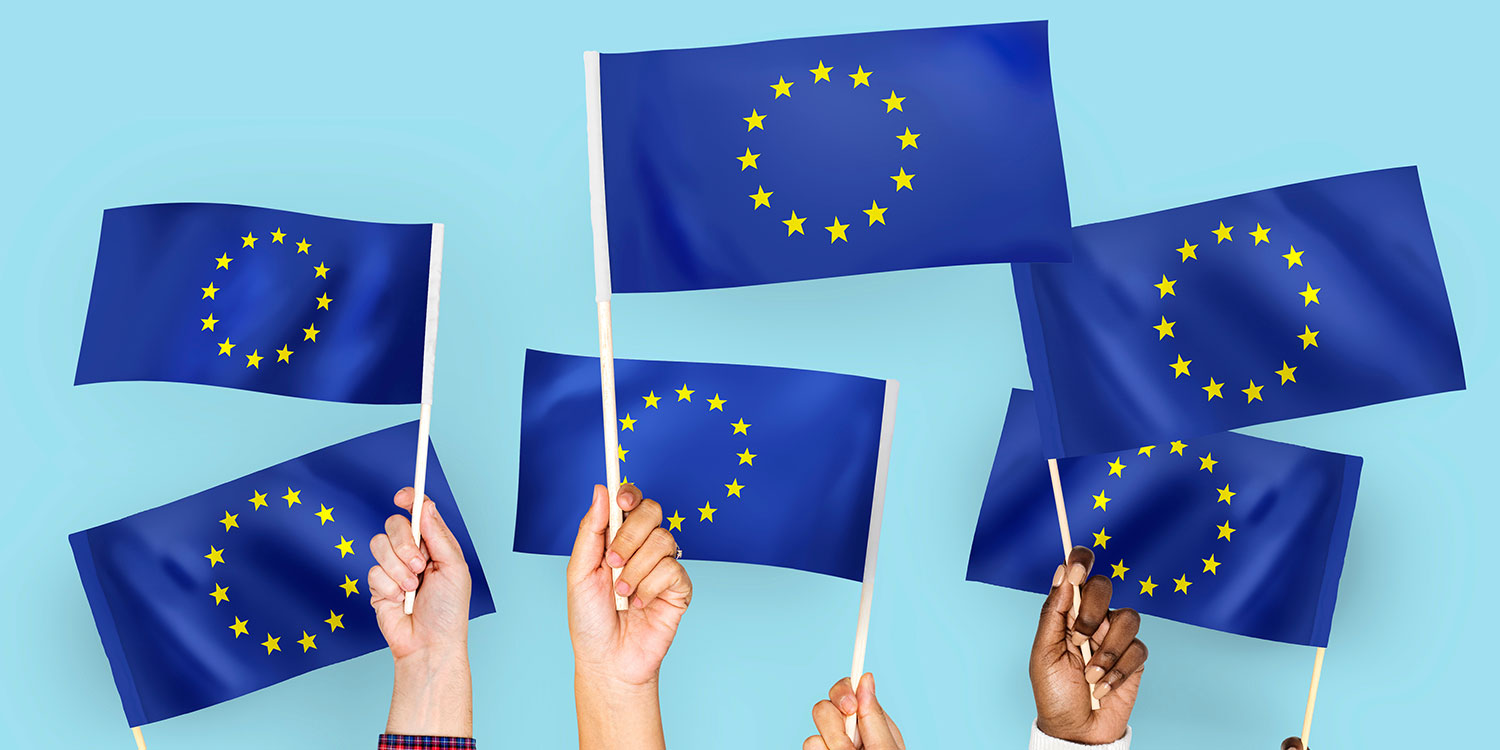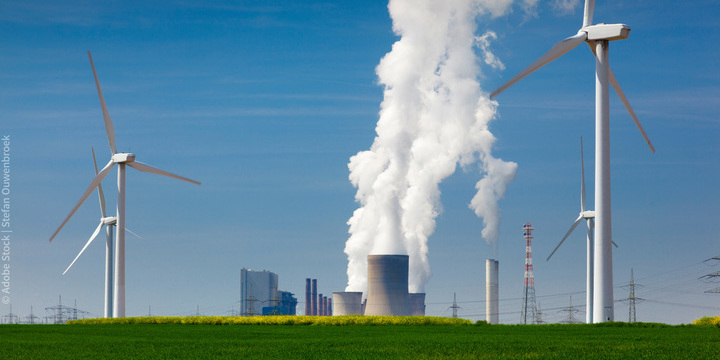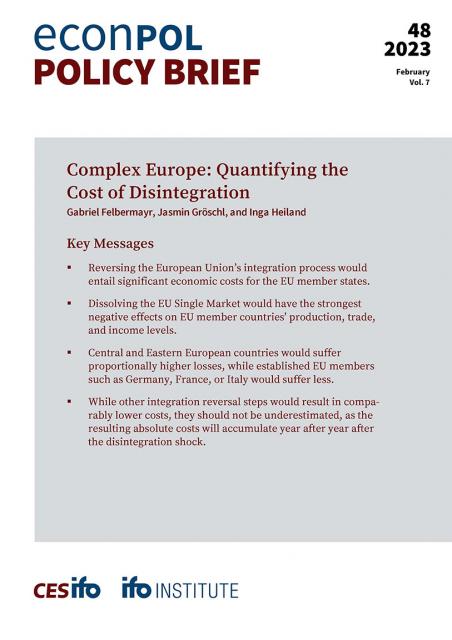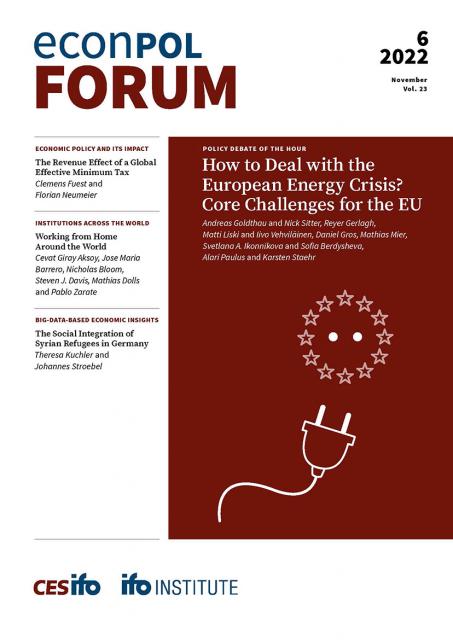
European Integration & Public Goods
Uniting diverse countries, economies and cultures under one overarching common concept requires undertaking collaborative efforts, defining shared responsibilities, and managing collective aspirations. Through careful examination of historical, political, and economic dynamics, the articles under this topic examine which tasks and responsibilities can be solved better and more efficiently at the EU level than at the member-state level, and where it makes sense to give priority to the principle of solidarity. It offers insights into the delicate balancing act of furthering and deepening integration, while at the same time safeguarding national interests and aspirations through careful management of public goods.




